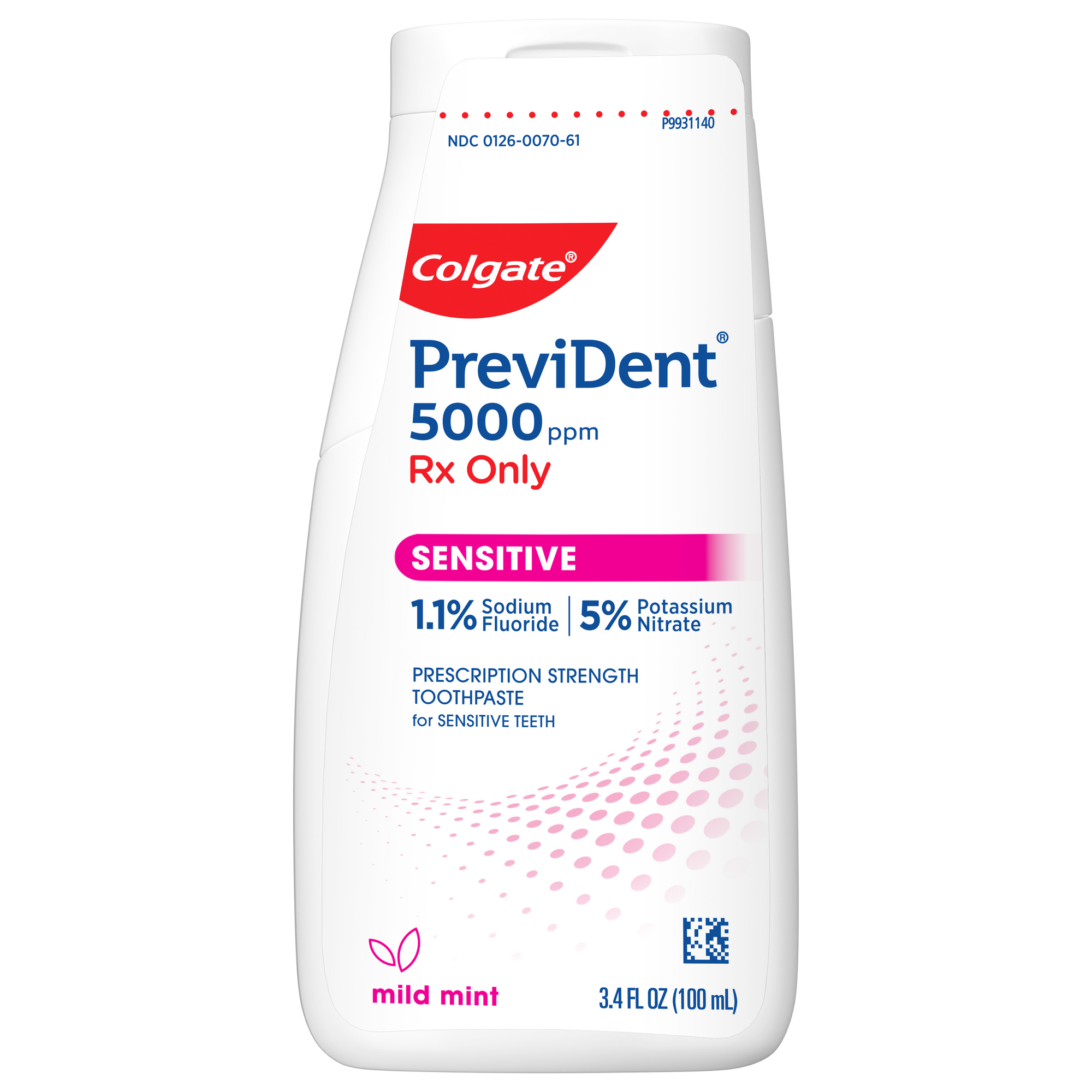Chances are, the white spot or patch on your tongue will go away on its own. But if they linger, it's worth visiting a dental professional to have them checked out. Oral thrush, canker sores, and leukoplakia are the most common causes of white spots on the tongue. Let's go over these conditions, their treatment and prevention, and guidance for when there's reason to visit a dental professional.
Oral Thrush
Oral thrush, an overgrowth of a naturally occurring fungus called candida, often appears in a person with a weakened immune system. There's a wide variety of people who are at risk of having a weakened immune system. Risk factors for oral thrush include:
- Age: either very young or elderly people
- Wearing dentures
- Smoking
- Cancer
- HIV/AIDS
- Anemia
- Diabetes
- Other immune-compromising conditions
- A recent course of antibiotics. This is because antibiotics can weaken the bacteria that keep your mouth's naturally occurring candida in balance.
It's rarely serious, but a long-term infection of oral thrush may need treatment. Besides white spots on your tongue, oral thrush can also appear as redness and soreness, cracked corners of your lips, a loss of taste, and dry mouth. By scraping oral thrush spots, you can usually remove the white coating. But note that you should do this very carefully, as you run the risk of irritating your tongue and causing it to bleed.
Canker Sores
If you have a white spot on your tongue surrounded by a red, inflamed halo, it's probably a canker sore. These common and recurring lesions can range in size and appear as a single white spot on your tongue or in a group. Canker sores are often painful, and scraping doesn't remove them. Viruses, bacteria, a family history of canker sores, and immune system issues are some suspected risk factors for canker sores, even though their root cause is still unknown. And there's a wide range of canker sore triggers that include:
- Trauma to the skin (like biting the area)
- Allergies
- Stress
- Cigarette smoking
- Acidic foods
- Iron and vitamin deficiencies
- Toothpaste and mouthwash with sodium lauryl sulfate
Canker sores usually go away on their own. They're not contagious and do not pose more severe health risks. As noted by Mayo Clinic, most canker sores that are small require no medical attention. They clear up on their own within a week or two. But if your canker sore is large and painful, seeing a medical professional can help. They may prescribe one of the following treatments to provide relief, such as a topical, gel, antibiotic, mouth rinse, or cauterizing of the sore.
Leukoplakia
If you notice thick white or grayish patches on your tongue or other parts of your mouth, such as your gums, the bottom of your mouth, or the inside of your cheeks, you may have leukoplakia. Like with other lesions that develop in the mouth, the exact cause is unknown. But there seem to be risk factors for developing leukoplakia. They include:
- Smoking
- Heavy use of chewing tobacco
- Excessive use of alcohol
While completely stopping these habits usually clears leukoplakia, the condition also carries a small risk of developing into oral cancer. Wiping or scraping does not change leukoplakia's appearance or texture, which may be thick or hardened. So we recommend visiting your dental or medical professional for a checkup when you notice a growth in your mouth that is consistent with leukoplakia, especially if it hasn't gone away on its own within two weeks, as noted by Mayo Clinic. They may decide that removing your leukoplakia is necessary through oral supplements, surgery, laser, cryotherapy, or another method, as noted by the Cleveland Clinic.
Hairy Leukoplakia
Fuzzy white patches that appear on the tongue's sides as ridges or folds are symptoms of hairy leukoplakia. This is a specific type of leukoplakia usually found in people with a weakened immune system. The fuzzy white patches are a result of infection with the Epstein-Barr virus (EBV). This virus lasts a lifetime but remains dormant in the body until a weakened immune system sparks an attack. Mayo Clinic notes that people with HIV/AIDS are at particular risk for developing hairy leukoplakia. It can sometimes be mistaken for oral thrush, as they look similar. But unlike oral thrush, you can't scrape hairy leukoplakia's white patches off.
When to Visit Your Dental Professional
If a white spot on your tongue doesn't go on its own within two weeks, visit your medical or dental professional to have it checked. Most conditions may go away on their own. Still, it's always wise to see a professional for a consultation to ensure your growth or lesion doesn't develop into something more serious. It's also vital to continue with your routine dental checkups, as a small white lesion can be caught before it becomes larger or more painful.
An excellent preventive measure for reducing your risk of white spots on your tongue and other oral problems is a stellar oral care routine! This includes brushing your teeth twice a day with a toothpaste containing fluoride, cleaning between your teeth once a day with floss or a water flosser (also known as interdental cleaning), and using a mouthwash for any bits of bacteria that may have been missed. Most people experience white spots on their tongues at some point in their lives, so it's not something you should panic about. But we don't blame you; finding a white growth on your tongue when you look in the mirror is, of course, alarming! Though the spots are unlikely to be harmful, they could be a sign of another health issue. That's why a checkup with your dental professional can help put your mind at ease.
This article is intended to promote understanding of and knowledge about general oral health topics. It is not intended to be a substitute for professional advice, diagnosis or treatment. Always seek the advice of your dentist or other qualified healthcare provider with any questions you may have regarding a medical condition or treatment.
ORAL HEALTH QUIZ
What's behind your smile?
Take our Oral Health assessment to get the most from your oral care routine
ORAL HEALTH QUIZ
What's behind your smile?
Take our Oral Health assessment to get the most from your oral care routine















